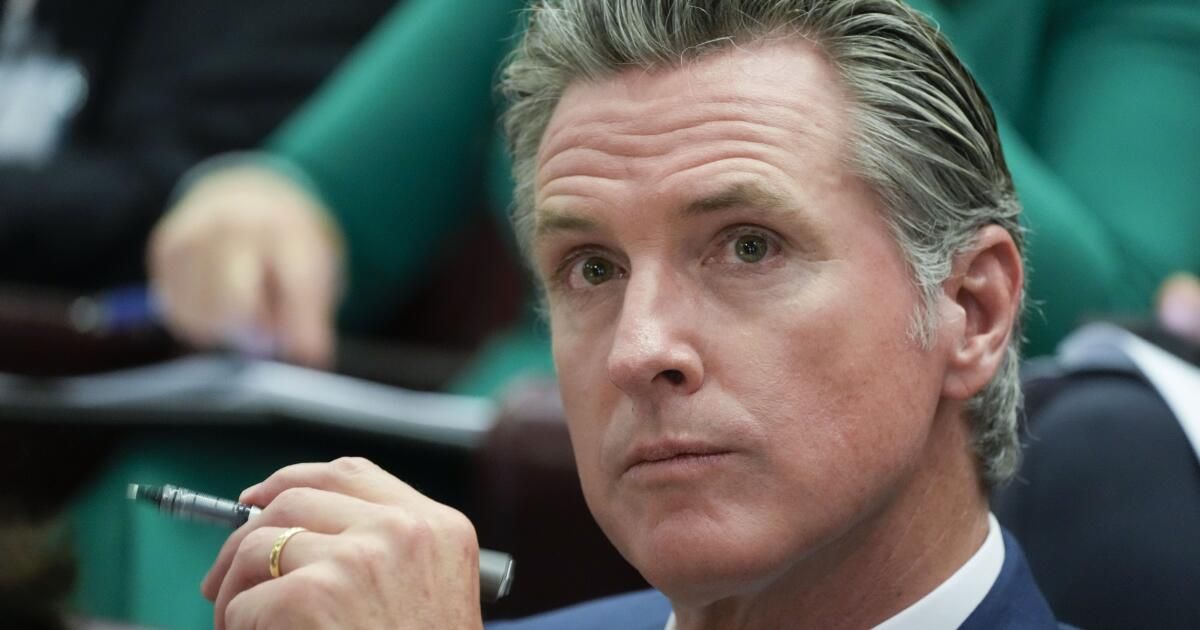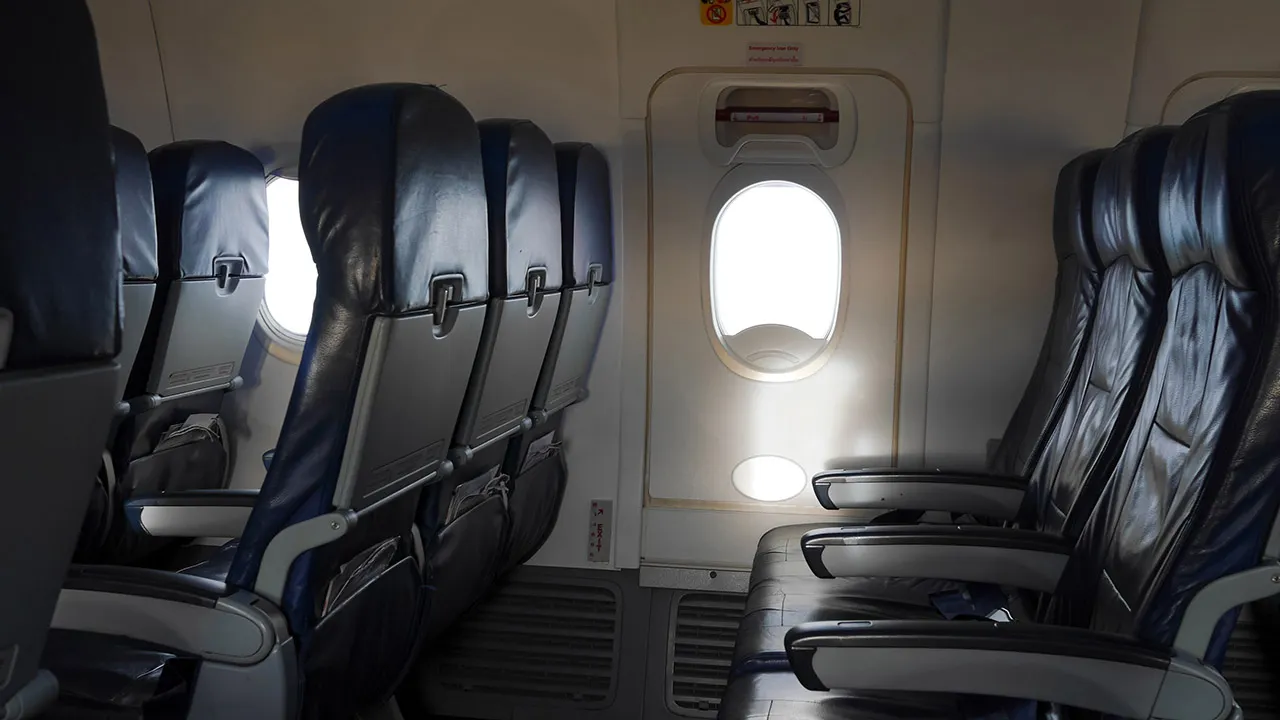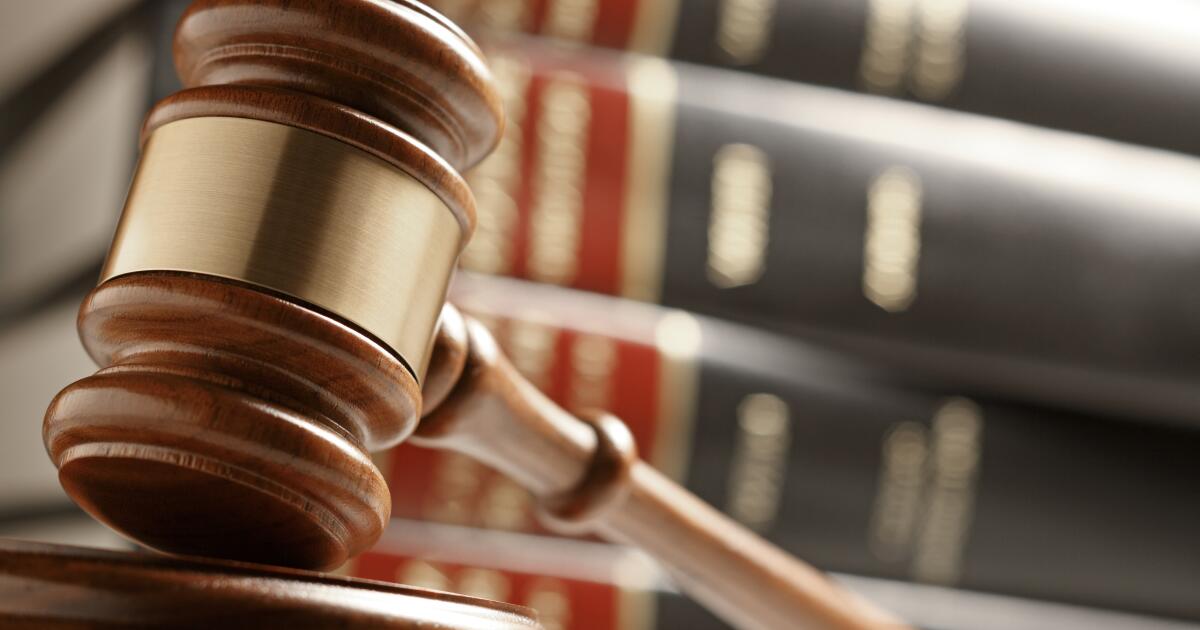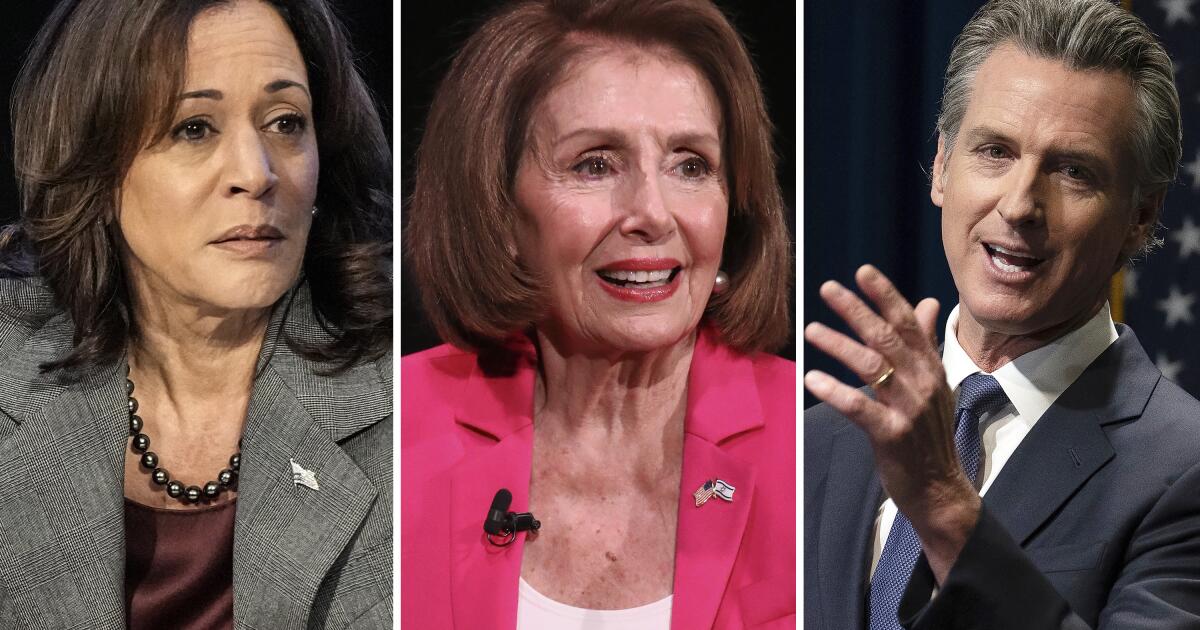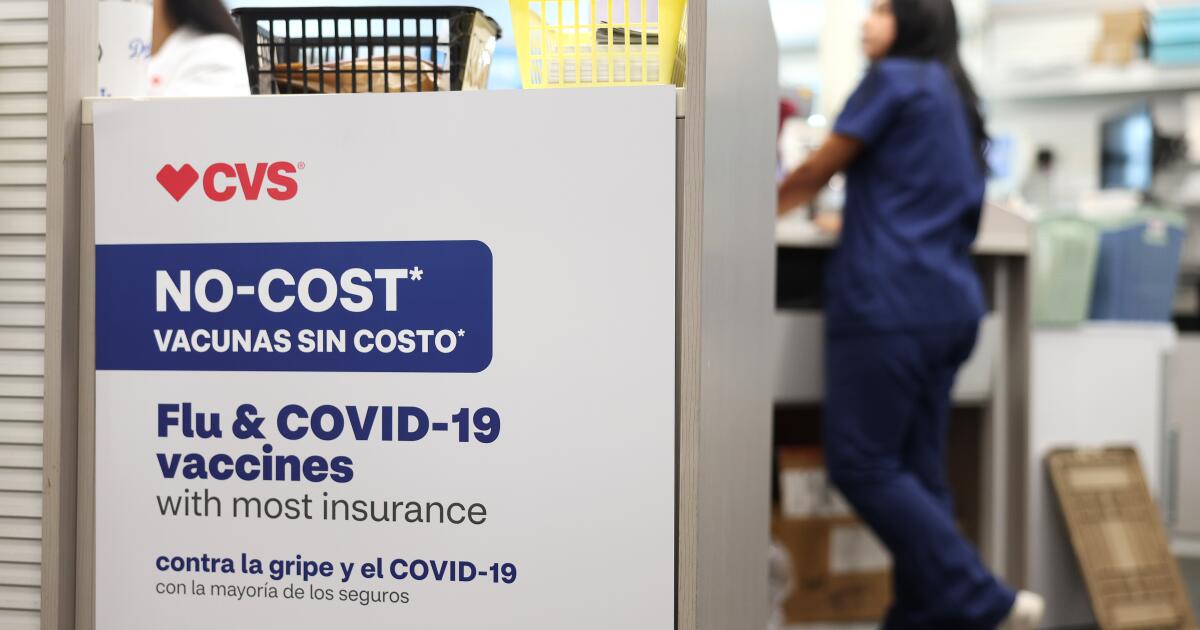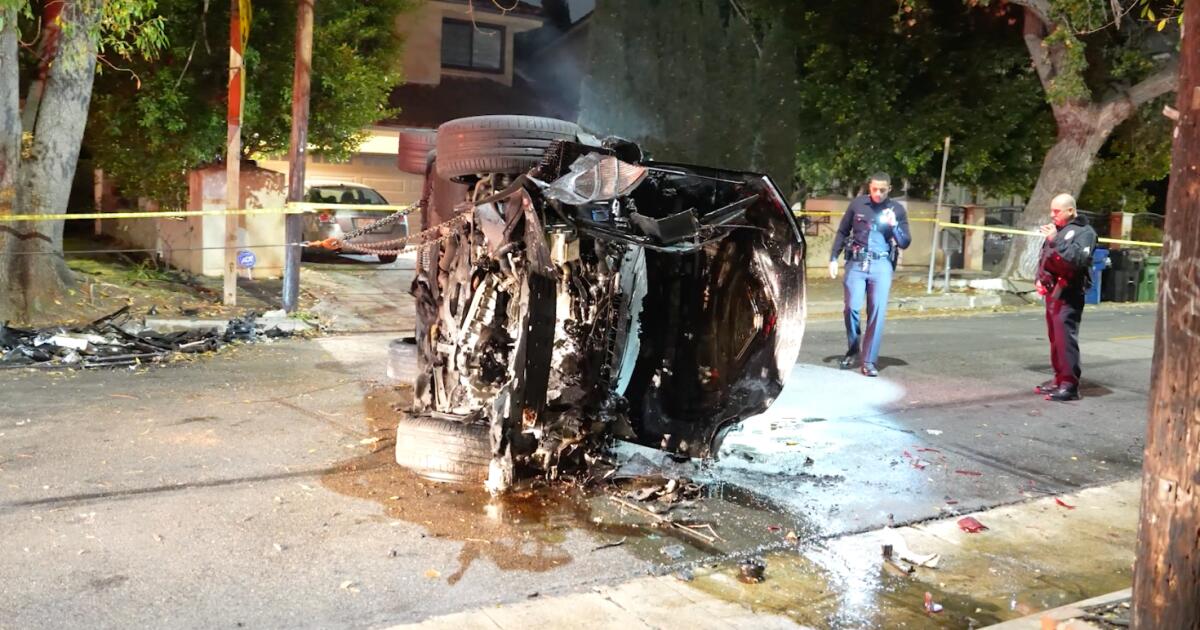In an opulent hall of the Apostolic Palace framed in marble and adorned with Renaissance murals, Governor Gavin Newsom waited in a line of governors, mayors and scientists for the opportunity to greet Pope Francis.
The queue was not the ideal configuration envisioned by the governor's advisers. Newsom traveled more than 6,000 miles from California to the Vatican to speak to (and hopefully talk to) the Pope about climate change.
Pope Francis, however, had other issues on mind besides global warming.
“I was surprised how he immediately brought up the issue of the death penalty and how proud he was of the work we're doing in California,” Newsom said afterward. “I was surprised by that because I didn't expect it, especially in the context of this call.”
The talk was brief and informal. But the politically astute leader of the Roman Catholic Church seized the moment to support one of Newsom's most controversial actions as governor.
By executive order two months after taking office, Newsom issued a temporary moratorium on the death penalty and ordered the dismantling of the state execution chambers at San Quentin State Prison. Families of murder victims criticized the decision and legal experts called it an abuse of power.
Newsom's refusal to impose the death penalty could hurt him politically if he runs for president.
However, as a Catholic, the governor's decree is in line with the church and the teachings of the Pope.
In an interview with The Times after leaving the Vatican, Newsom said he has yet to propose a state-level ballot measure to abolish the death penalty because he is not confident it will pass. California voters rejected measures to ban executions in 2012 and 2016.
Newsom said recent polls conducted by his political advisers show weak support for the ban.
“We constantly include in our polls what I do,” Newsom said in an interview with The Times. “It's on the margins. But I'm thinking a lot about this beyond that because we're reimagining death row. I'm thinking about when I leave; I mean, I've been pretty honest about it. “I’m trying to figure out what else I can do in this space.”
There were more than 730 inmates on death row when Newsom took office. San Quentin's death row was the largest of any prison in the Western Hemisphere. Under his plan to overhaul the prison to emphasize rehabilitation, Newsom said California is just weeks away from completely emptying death row.
The governor said he had been vocal about his opposition to capital punishment when he campaigned in 2018. He backed the 2012 and 2016 ballot measures to abolish the death penalty.
“I campaigned very openly as lieutenant governor, as governor. I did my best to say, 'If I get elected, this is what I'm going to do,'” Newsom said. “And I also have the legal authority. So I wasn't challenging that.”
Currently, 21 of the 50 states impose the death penalty. The remaining 29 do not have the death penalty or their executions were stayed due to executive action, including in California, according to the Death Penalty Information Center.
Newsom's moratorium may not sit well with voters in some swing states in a potential presidential campaign, adding to the perception that left-leaning California and the Democratic governor are soft on crime and out of alignment with the rest of the nation. the nation. The governor has repeatedly dismissed speculation that he is eyeing the White House and has actively campaigned for President Biden's re-election.
Kevin Eckery, a political consultant who has worked with the Catholic Church in California, said the death penalty will not be a deciding factor in an election.
“Nationally, the death penalty has been applied so infrequently over the last 50 years that I don't see people voting based on their position on the matter. [the] death penalty,” Eckery said. “They are going to vote on pocket issues. They are going to vote on other things, but not on that issue.”
The Catholic Church has long said that the death penalty could only be justified in exceptional situations. Francis updated church doctrine in 2018 to say that “the death penalty is inadmissible because it is an attack on the inviolability and dignity of the person.”
Newsom had lunch on a jasmine-covered vaulted patio at the American Academy in Rome after, in a speech at the Vatican, he accused former President Trump of “overt corruption” by soliciting campaign donations from oil executives.
Sitting in a weathered wooden chair under the shade of a tree, the governor explained how his Catholic background and inequalities in the criminal justice system influenced his refusal to approve executions as governor.
His paternal grandparents were devout Catholics, and his late father, William Newsom, who served as a state appeals court judge, went to church every day while he was a child, he said.
Later in his life, Newsom's father considered himself “a distance Catholic,” the governor said, and “he was kind of pushed away” because of church politics.
Newsom said the Jesuit teachings at Santa Clara University, where he attended college, spoke a language he appreciated “of faith and works.” His own religious beliefs, he said, have always been exercised “in a civic framework.”
“The Bible teaches many parts, one body,” Newsom said, mentioning a quote he frequently references. “Some part suffers, we all suffer, and this notion of communitarianism.
“You cannot leave Santa Clara University without the necessary studies and a kind of religious foundation: God and the frameworks of common thought,” he said.
As a Catholic and native of San Francisco, Newsom said his beliefs follow “the Spirit of San Francisco” and the idea of being good to others, but not necessarily strict religious doctrine.
The governor said he attended the private Catholic school École Notre Dame des Victoires in San Francisco for a brief period during his early elementary school years. He said his family frequently attended Glide Memorial, a nondenominational church in San Francisco. The governor said he attended church on Easter with his family.
Newsom mentioned religion at other times during his trip, telling reporters outside the room where he spoke at the Vatican about the importance of bridging science to the pope's moral authority on climate change.
“As we know from the church, it is faith and works,” Newsom said. “So, as we pray, we move our feet. It is that action with our passion.”
Daniel Philpott, a political science professor at the University of Notre Dame, said it's smart for politicians of either party to talk about faith.
“We've learned over the last 30 years that presidential candidates generally benefit when they can be shown to be religious or to practice their religious faith,” Philpott said.
Newsom said he did not want to overstate the influence of religion on his position on the death penalty, which his father also opposed.
His father and grandfather were involved in the case of Pete Pianezzi, a friend who was wrongly convicted of first-degree murder for shooting and killing a gambler and waiter in Los Angeles in 1937.
Pianezzi escaped the death penalty by a single vote and served 13 years in prison. He was later exonerated.
Even if it were possible to limit inequity and wrongful convictions in the criminal justice system, Newsom said he would still be against the death penalty.
“It never made sense to me, the basic paradigm, that we were going to kill people to communicate to the general public that killing is wrong,” he said. “I could never understand that. “I could never approve of that.”

